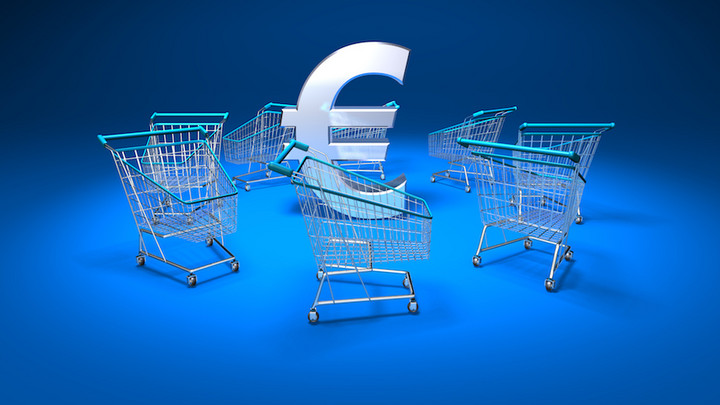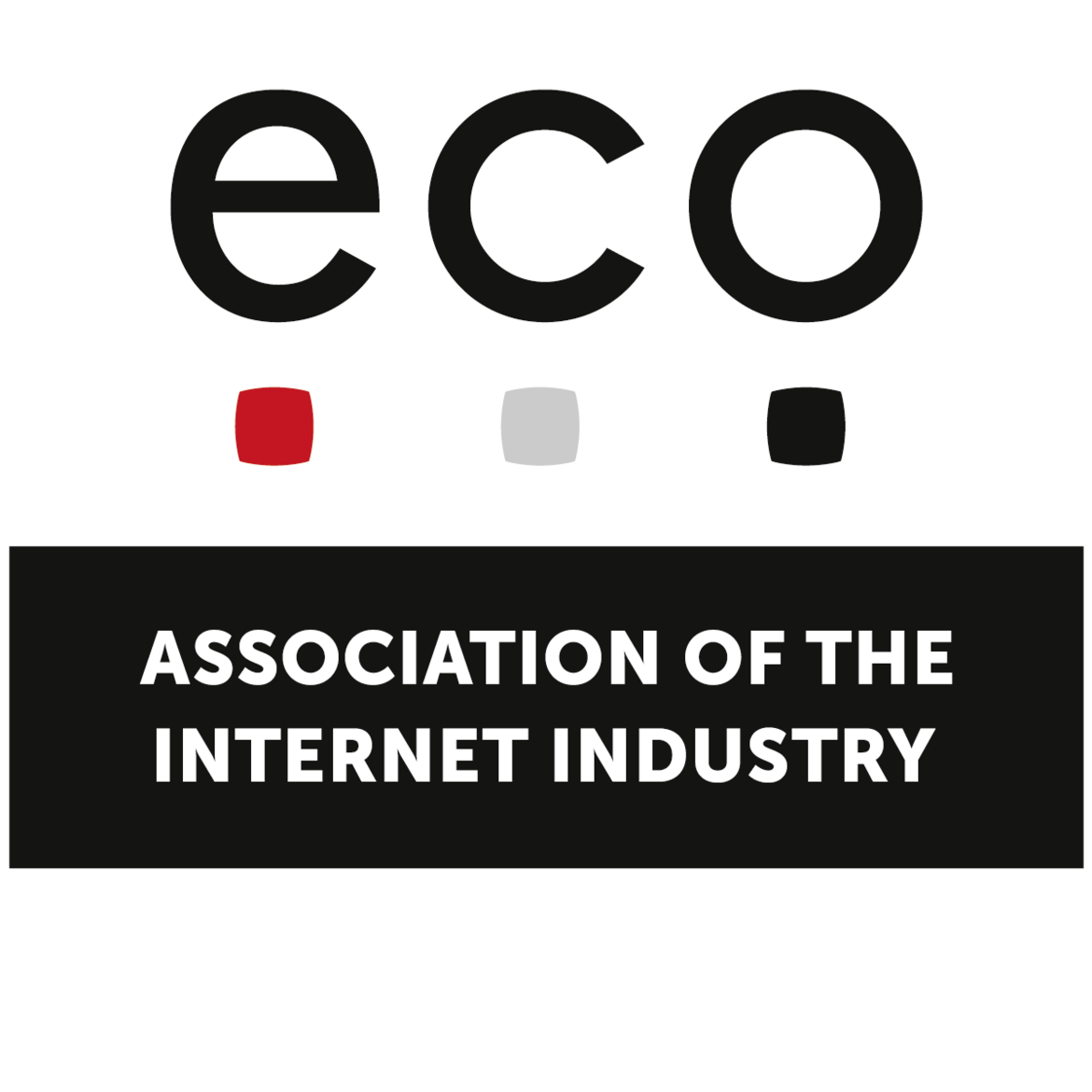German Industry Demands Increased Engagement in International Network Policy
German companies see harmonized European regulations as important for Europe’s competitiveness on world markets, and eco calls for strengthening of the multistakeholder approach to Internet governance. eco Berlin reports.

© julos | istockphoto.com
• Strengthen engagement: 74% of German company decision-makers want better-synchronized international network policy
• 80% of business decision-makers in Germany see Europe’s digital single market as fundamental for Europe’s competitiveness
• eco supports German application for IGF 2019
The German industry wants more political involvement in international network policy. According to a recent representative survey carried out by the market research institute YouGov on behalf of eco – Association of the Internet Industry in August 2017, 74% of German company decision-makers from all sectors are of the opinion that politicians should be working harder – especially in an international context – to create internationally synchronized network policy. “Germany and Europe have the responsibility to play an even stronger role in Internet governance in the future. The federal government must continue its engagement at the international level consistently beyond the end of this legislative term, and further intensify its activities within relevant organizations and norming committees,” says Prof. Michael Rotert, Chairman of the Board at eco.
Digital single market: 80% believe unified legal standards to be fundamental for Europe’s competitiveness
A harmonized digital single market within Europe, with unified legal standards, is fundamental for Europe to remain competitive with other markets, such as the USA or Asia, according to 80% of German decision-makers. “The European digital single market is one of the most elementary growth areas for digital innovations. Politicians must not be allowed to ignore the opportunities that this offers. Only reliable framework conditions can ensure that companies are able to offer products and services according to common regulations and standards within the entire EU, and that Europe doesn’t miss the boat. In particular, the liability privilege in the E-Commerce Directive, which has enabled innovative business models for more than 15 years, must not be weakened again and again. The E-Commerce Directive is the result of a careful balance between the protected interests and civil rights of all participants, the rights owners, the users and the Internet industry,” Rotert continues.
eco supports German application for the Internet Governance Forum 2019
The current engagement of the German federal government with regard to an international exchange on network policy issues demonstrates clearly the international political status of the debate about freedom and openness in the Internet. The federal government has also recognized the urgency of this and has given the topic Internet Governance a high priority: Germany has applied to the United Nations to hold the Internet Governance Forum (IGF) in 2019 in Berlin, giving a clear signal for domestic and international politics. eco – Association of the Internet Industry has been calling for years for a strengthening of the multistakeholder dialog on Internet governance, and will continue to accompany and actively support the federal government’s application process.
Source:
“All data, if not otherwise referenced, has been made available by YouGov Deutschland GmbH. 2,040 people took part in the survey between 08.08. and 10.08.2017. The results were weighted and are representative for the German population (age 18+).”
Find further information online (in German) on the new eco digital policy website www.eco-digitalpolitik.berlin.


